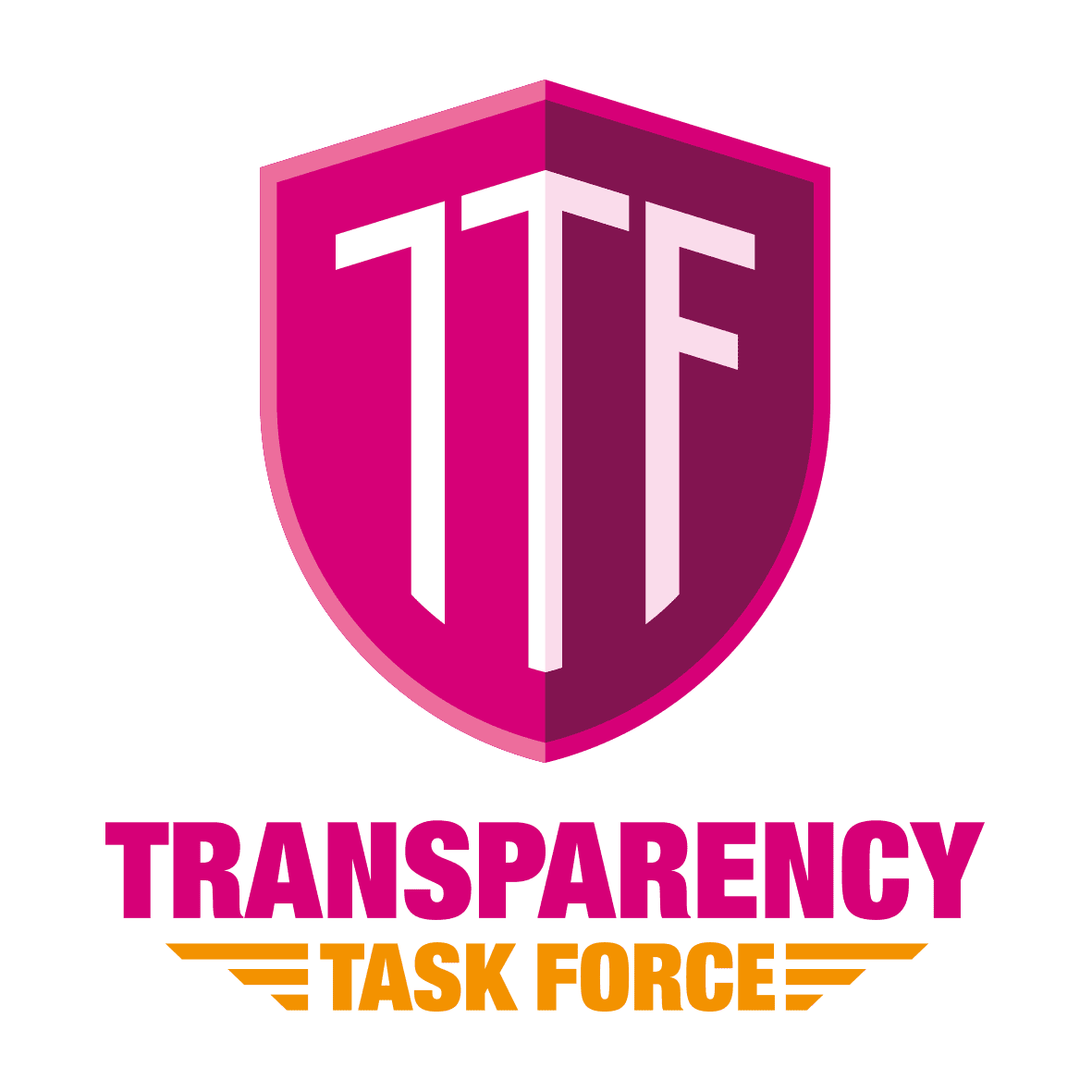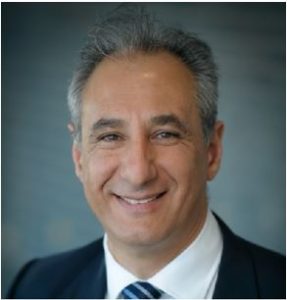This event has now taken place but you can watch the video recording of it through our Youtube Channel, get to it by clicking the button below
When
Tuesday, September 10th 2024, from 9am - 10:30am BST (6pm - 7:30pm AEST)Where
Online via Zoom.Format
There'll be a great line-up of speakers plus ample scope for discussion and debate.Why You Should Attend....
In October 2022, the Australian Senate Economics Committee launched an inquiry into the Australian Securities and Investments Commission (ASIC) amid widespread concerns that ASIC was failing to enforce Australia’s corporate laws, resulting in significant harm to countless Australians.
That’s an enormous concern because ASIC is Australia’s corporate, markets and financial services regulator. Its role is to ensure that Australia’s financial markets are fair and transparent, and that financial services firms operate within the law. However, the Senate Economics Committee inquiry has revealed substantial shortcomings within ASIC, including a lack of transparency, insufficient prosecutions, and numerous cultural, structural and governance issues.
On 3rd July 2024, the Committee published its report, which includes 11 key recommendations to overhaul Australia’s corporate and financial regulatory structure. Central to these recommendations is the proposal to split ASIC into two separate entities: one focused on corporate regulation and the other on financial services enforcement. This separation aims to provide a more focused and consistent regulatory approach.
Additionally, the report outlines measures to enhance governance and transparency, including a statutory mandate for investigating corporate misconduct and improved public reporting. The recommendations also seek to reduce the financial burden on small businesses by adjusting ASIC’s funding model.
This event will delve into the findings of the Committee, discuss the proposed reforms, and explore how these changes can restore confidence and protection for all Australians. The discussion will also draw comparisons with financial regulation in the UK, with the report providing insights into how financial regulation in the UK could evolve in light of the Australian experience.
Our event will be of interest to people from both hemispheres, hence our running it at 9:00AM UK time/6:00PM AEST – it will therefore be a great chance to have people from opposite ends of the world discussing a topic of such importance.
Given the opportunity for the potential Australian experience with ASIC to be of ‘pathfinding’ benefit to the UK, we are hoping to also be joined by:
- British Parliamentarians who may have a particular interest in this important development, especially:
- Members of the UK’s Treasury Committee; its purpose is as follows: “The Treasury Committee is appointed by the House of Commons to examine the expenditure, administration and policy of HM Treasury, HM Revenue & Customs, and associated public bodies, including the Bank of England and the Financial Conduct Authority.”
- Members of The All-Party Parliamentary Group on Investment Fraud and Fairer Financial Services (which is soon to publish an important Report on the Financial Conduct Authority, the UK’s equivalent underway); its purpose is: “To advocate for the victims of financial misconduct, crimes, scandals, frauds and regulatory failures, by driving positive, progressive, and purposeful reforms that achieve a fair, trusted and just system, where the service providers, regulators and government agencies provide appropriate protection and deliver good outcomes, including redress for historical wrongs.“
- Members of the House of Lords’ Financial Services Regulations Committee
- UK regulators past and present
- Various subject-matter experts based in the UK with a keen interest in optimising financial services regulation for the purpose of significantly improving consumer protections
Given the significant international public interest in this topic, TTF is making the event available to all on a complimentary basis; but please note we have a donations page, which is here.
About our speakers...

Senator Andrew Bragg
Senator Andrew Bragg is the Chair of the Senate Economics References Committee and a Liberal Senator for New South Wales.
Since first being elected to the Senate in 2019, Andrew has been active on policy on superannuation, technology, financial regulation and housing. Andrew’s advocacy has been guided by his belief that the basis for a fair society is a strong economy.
Andrew serves as Chair of the Senate Economics References Committee and Deputy Chair of the Economics Legislation Committee.
Andrew previously chaired the Senate Select Committee on Australia as a Technology and Financial Centre, and the Senate Environment and Communications Legislation Committee.
Andrew has authored two books. In 2020, Andrew authored Bad Egg: How to Fix Super, a granular examination of the superannuation system. In 2021, Andrew authored Buraadja: The Liberal Case for National Reconciliation.
Before entering Parliament, Andrew worked as an accountant at Ernst & Young, going on to hold senior positions at the Financial Services Council and the Business Council of Australia.
Senator Bragg and his Committee’s Report on ASIC can be accessed here.

Dr Andy Schmulow
Dr Andy Schmulow is an Australian legal academic specialising in financial system regulation, specifically Twin Peaks. His focus is on driving good conduct towards consumers and combatting regulatory capture.
His advice has been sought by, among others, the Australian Banking Royal Commission, the Australian Law Reform Commission, the South African National Treasury, the Korean insurance association, the New Zealand Law Reform Commission, regulators, central banks and parliamentarians. His advice has been reflected in recommendations made by those bodies and in legislation such as the Financial Regulator Assessment Authority Bill in Australia and the Conduct of Financial Institutions Bill in South Africa. He was tasked by CGAP, a division of the World Bank, to lead in the creation of the world’s first consumer-outcomes indicator framework, to measure consumer financial well-being, first in South Africa, and ultimately for deployment in countries comprising some 1.5 billion consumers.
He consults to the financial industry on embracing and embedding fair treatment of consumers, and his research has been published in some of the world’s leading peer-reviewed journals. He has held honorary positions at various universities around the world and is a member of a research cluster at the European Banking Institute. He is admitted to practice in South Africa and Australia.
Dr Schmulow is also a member of the Secretariat Committee to the UK’s All-Party Parliamentary Group on Investment Fraud and Fairer Financial Services, which has been gathering evidence about the Financial Conduct Authority; TTF provides the Secretariat to the APPG.

John Adams
John Adams is an Australian political and economic policy analyst with a track record of making major contributions to Australian public policy.
For example, in October 2022, Adams triggered national headlines after producing and publishing an independent report into the handling of reports of alleged misconduct by the Australian Securities and Investments Commission (ASIC).
The Adams report subsequently triggered an inquiry into ASIC by the Australian Senate which ultimately recommended ASIC’s abolition as part of a proposed new regulatory architecture.
Adams also led the national campaign to defeat the Australia Currency (Restrictions on the Use of Cash) Bill 2019 which sought to imprison Australians who engaged in cash transactions above $AUD 10,000.
Beyond this, Adams is an active freelance media commentator and opinion writer spanning both the mainstream and alternative media.
Adams’ working career has included being an economics and policy advisor to Senator Arthur Sinodinos, a management consultant for a Big 4 accounting firm and a public servant within both the Commonwealth and NSW public sectors.
Adams has a Bachelor of Economics from the University of New South Wales and an honour degree majoring in economics from the University of Wollongong. Adams is a corporate governance specialist having achieved governance qualifications through the Australian Institute of Company Directors and the Governance Institute and has extensive training in accounting.
In the press...




ASIC should be split in two after ‘comprehensively’ failing as regulator, parliamentary inquiry finds
(3rd July 2024)
Read here

“Failed” Australiana corporate watchdog should be split in two, Senate inquiry finds
(3rd July 2024)
Read here

ASIC has comprehensively failed and it’s role should be split in two, according to long-awaited report
(3rd July 2024)
Read here

From deals with banks to dodgy cryptocurrency schemes, recent issues could spell crucial reform for ASIC
(26th May 2024)
Read here
Insiders have been alarmed by ASIC’s culture for years. Now a parliament inquiry will lay bare its flaws
(30th June 2024)
Read here
Senate Committee recommends major overhaul for corporate watchdog, splitting ASIC into two new regulators
(3rd July 2024)
Read here


ASIC needs to prioritise litigation for breaches of corporate law, says the Libs’ Andrew Bragg
(11th August 2024)
Read here



ASIC’s failure is it has become too big to regulate
(3rd July 2024)
Read here
ASIC break-up needed to imprive enforcement, stamp out wrongdoing, says Senate report
(3rd July 2024)
Read here
Labour all but rejects radical proposal to split ASIC
(3rd July 2024)
Read here
Bragg-ing rights over ASIC, but at what cost?
(12th July 2024)
Read here
ASIC split would require a clear road map, says UK visionary Michael Taylor
(12th August 2024)
Read here
Here's the programme so far...






